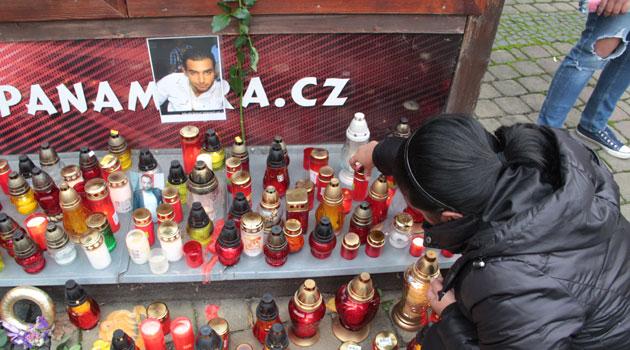Miroslav Klempár: The value of a Romani life versus social norms

What is the value of a human life? What is the life of a drug addict, a homosexual, a prostitute, a thief – or of a corrupt politician – worth?
We usually measure the value of a human life according to our own emotional kinship with the person concerned. When a 15-year-old non-Romani boy was allegedly assaulted by Romani people in the Czech Republic several years ago, that incident sparked a wave of hatred toward the entire Romani ethnic group, but the death of a young Romani man in Žatec last week has met with the chilly response that “he was just a junkie”, a statement most people have accepted as fact without asking for any evidence of it, and we are even hearing voices here that respond to this death by saying “good riddance”.
How the local police intervened, and how the state police have subsequently investigated (or failed to investigate) this case are a testament to what value the life of a dead Romani man has for the police. That means this is no longer purely a problem for Romani people, because what is at issue is the value of the life of anybody who somehow does not conform to some kind of socially-established standard.
Xenophobia is the display of hostility toward, mistrust of, and rejection of anything that is foreign and does not fit the mold. The next time a tragedy like this happens, it might not be the son of a Romani mother, but the son of a different kind of mother who dies just because he is different than society imagines he should be, and the police will not investigate the way they should because he was just an ordinary… fill in the blank.
Let’s consider the actual value of each human life and accept that diversity exists, whether it be diversity of ethnicity, race, religion or sexual orientation, or whether a person has succumbed to socio-pathological phenomena and is violating social norms thereby. Let’s not let xenophobia win out over loving our neighbors.
The death of this young Romani man should not divide the non-Roma from the Roma, but on the contrary, it should bring us together. Love for our neighbor is what should connect us, and that is only possible when we accept our diversity.